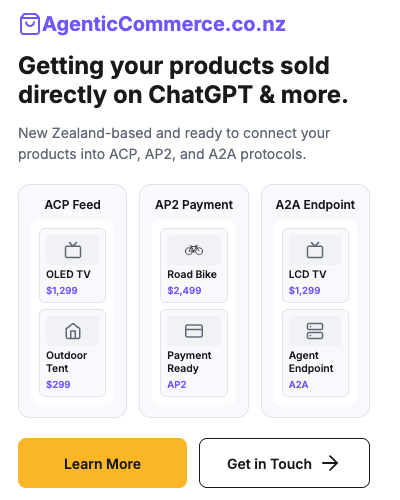Driving under the influence (DUI) remains one of New Zealand’s most persistent and preventable public health challenges. According to the New Zealand Transport Agency, alcohol-impaired driving contributes to nearly 30% of fatal road crashes annually. Beyond the stark statistics lies a deeper issue: the profound medical, social, and economic consequences of DUI that ripple through communities, families, and individuals.
The Medical Reality of DUI
Alcohol’s impact on the body is both immediate and far-reaching. Even in small quantities, it impairs essential cognitive and physical functions, creating a dangerous disconnect between driver and vehicle:
Slowed Reflexes: Alcohol delays reaction times, making it difficult to respond to sudden changes on the road.
Impaired Vision: Blurred or double vision reduces a driver’s ability to judge distances and recognize hazards.
Poor Decision-Making: Alcohol disrupts the brain’s ability to process information, leading to risky behaviors and poor judgment.
A blood alcohol concentration (BAC) of just 0.05%—the legal limit in New Zealand—doubles the risk of a crash. At higher levels, the likelihood of a fatal accident increases exponentially. Chronic alcohol misuse, often associated with repeated DUI incidents, can lead to long-term health issues such as liver damage, cardiovascular disease, and mental health challenges like anxiety and depression.
A Community Issue, Not Just an Individual One
DUI is not merely a personal failing; it is a societal problem. Every incident affects families, first responders, healthcare systems, and the broader community. In cities like Auckland, Christchurch, and Dunedin, where nightlife and social drinking are woven into the culture, the challenge is particularly acute. Public health initiatives have made strides in raising awareness, but more is needed. Prevention requires not just education, but accessible solutions that align with modern lifestyles.
Practical Steps for Safer Choices
While systemic solutions are essential, individual actions remain critical. Some practical tips include:
Plan Ahead: Arrange a designated driver, use a rideshare app, or rely on delivery services to avoid the need to drive after drinking.
Monitor Consumption: Use standard drink guidelines to stay within safe limits.
Stay Hydrated: Drinking water between alcoholic beverages can slow the absorption of alcohol.
Set Limits: Establish clear boundaries before drinking to avoid impulsive decisions.
By adopting these habits, individuals can play an active role in reducing DUI incidents and creating safer communities.
A Smarter Way Forward
The fight against DUI requires a multifaceted approach—one that combines education, enforcement, and innovation. While the road ahead is long, the emergence of practical solutions offers a glimpse of what’s possible. Technologies and businesses that encourage safer choices are beginning to make a difference.
Take GIMME, New Zealand’s local and leading on-demand alcohol delivery platform. The service provides fast, convenient delivery of beverages directly to customers’ doors—within 30–90 minutes in major cities and by the next business day nationwide. By eliminating the need for individuals to drive after consuming alcohol, GIMME reduces the temptation to get behind the wheel and helps prevent DUI. Its commitment to safety and customer satisfaction extends to robust packaging protocols, ensuring a seamless, secure delivery experience.
“We’re not just delivering alcohol; we’re delivering experiences and promoting safer choices,” says Vanshraj Singh, Business Head at GIMME. “Our goal is to make it easy for Kiwis to enjoy their favorite beverages without compromising safety.”
GIMME is more than just a delivery service; it’s a movement toward safer, smarter, and more responsible drinking experiences. By providing an alternative to driving under the influence, GIMME helps to foster a culture of responsibility and conviviality.
Partnering for Progress
GIMME’s partnerships with local breweries, wineries, and distilleries support New Zealand’s vibrant beverage industry while amplifying the company’s public health mission. This community-focused approach strengthens both the local economy and the safety of New Zealand’s roads.
Looking to the future, GIMME is focused on innovation, expanding its reach, and enhancing its technology. With its loyalty and rewards program—on par with those used by global companies like Ben & Jerry’s—GIMME continues to elevate the standard for on-demand alcohol delivery.
Conclusion
As New Zealand continues to grapple with the challenges of DUI, progress depends on collective action. From individuals taking responsible steps to businesses like GIMME leading by example, there is potential to reduce the devastating impact of DUI. Together, these efforts can pave the way for a safer, more conscientious drinking culture—one that values both personal enjoyment and public well-being.
Media Release 20 February 2025.

